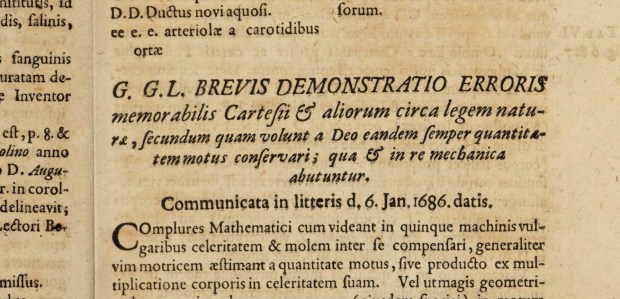Are you looking for a faith-respecting book for a young person who has an interest in science? Perhaps we at the Vatican’s astronomical observatory can be of help.
For some years now the observatory has maintained a “Faith & Science Resource Center” with information on hundreds of articles, books, videos, and audio recordings pertaining to the subject of faith and science. A small but important part of that Resource Center includes books for younger readers (ages 9-14 roughly). The books are all about scientists who were people of faith.
Today plenty of books exist for young readers about science and scientists. There have been plenty of scientists who were people of faith. Plenty of those scientists are featured in those books. But it is the rare book about scientists for younger readers that features, or even mentions, the faith of those scientists.
For example, many people today are familiar with the women who worked for NASA in the early days of the space age as “human computers,” thanks to the book Hidden Figures by Margot Lee Shetterly and the 2016 movie of the same name that starred Taraji P. Henson, Octavia Spencer, and Janelle Monáe. These women who “did the math” for NASA tended to be people of faith. Their faith lives, while not a central feature of the book or movie, do appear in both. The movie includes a lengthy scene at a church picnic; church and faith appear at various points in the book. For some reason, however, the children’s books written about these same women rarely, if ever, touch on their faith lives.
Many other scientists have been people of faith, including many of the most prominent scientists. Isaac Newton, for example, wrote more about religion then he did about math and science. He added into his book, Mathematical Principles of Natural Philosophy, a lengthy discourse on how the mechanics of the universe pointed to the existence of “an intelligent and powerful being” who
“governs all things, not as the soul of the world, but as Lord over all: And on account of his dominion he is wont to be called Lord God Pantokrator, or Universal Ruler.... He is Eternal and Infinite, Omnipotent and Omniscient; that is, his duration reaches from Eternity to Eternity; his presence from Infinity to Infinity; he governs all things, and knows all things that are or can be done.”
Gottfried Leibniz, who along with Newton developed the mathematics of calculus, wrote an early paper exploring the concept of what we now call “energy” — that thing so important to our society. The title of his 1686 paper referenced energy as a concept “a Deo.”

The faith of scientists like Newton, Leibniz, and the NASA computers (not to mention so many Catholic scientists, such as the pioneering geneticist Gregor Mendel) is an important historical fact. Plenty of people, both believers and nonbelievers, perceive faith and science as being somehow at odds. The late Pope Benedict touched on this in his spiritual testament, noting how “often it seems as if science—on the one hand, the natural sciences; on the other, historical research (especially the exegesis of the Holy Scriptures)—has irrefutable insights to offer that are contrary to the Catholic faith,” even though these seeming contradictions vanish with further understanding.
Much ink has been spent and many symposia have been held to try to correct this misperception, but perhaps the simplest corrective is the fact of the faith of scientists, including scientists like Newton, who essentially made science as we know it.
But it sure is hard to find any of that in books for younger readers. Indeed, such books are more likely to propagate the faith vs. science misperception. You know, “Galileo was condemned by the Catholic Church for what he saw through a telescope,” and other such statements that are as common as they are bogus.
Books about scientists that are solid and that recognize the faith of those scientists are hard to find, yes. But they are not impossible to find. Here at the Vatican Observatory, we’ve found a few.
The list is not long. Since we at the Vatican Observatory are astronomers, not experts in the design of online materials, the list design is also very simple and unadorned with bells and whistles—not a “compelling on-line experience.” But it is assembled by people who know something about the material in question, and who have read each book on the list.
The listing includes books on the lives of Johannes Kepler, Maria Mitchell, George Washington Carver, and others. The list entry for each book provides some information regarding the length of the book and its author and publisher. It also includes an excerpt or preview of a portion of the book, to give you a better idea regarding what the book is about before you go to look for it in a library or to purchase it from a bookseller.
These books generally have not been written to be religiously oriented books. In some cases, the books make only passing reference to the faith of the scientist in question. But the reference is there. The reader will understand that people with interest in science are often people of faith. That’s an important message for younger readers who have interest in science.
It is also good history and a true portrayal of scientists. The word “bowdlerize” immortalizes the name of Thomas Bowdler (1754-1825), an English editor of an expurgated edition of Shakespeare, and refers to the removal of material considered unsuitable for tender eyes. When it comes to scientists, faith, and books for younger people, there seems to be plenty of bowdlerizing taking place, but hopefully the Vatican Observatory has been able to help with that.




